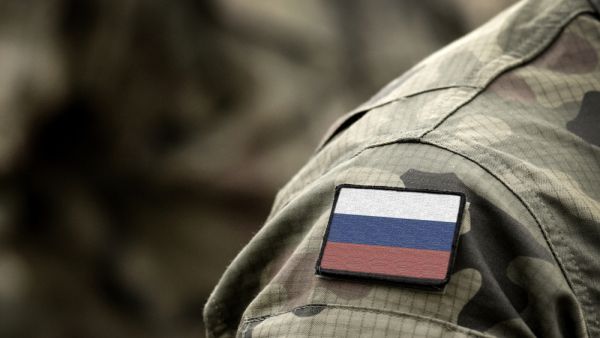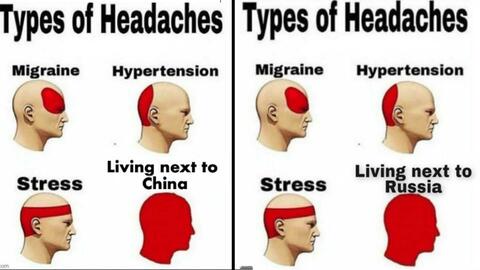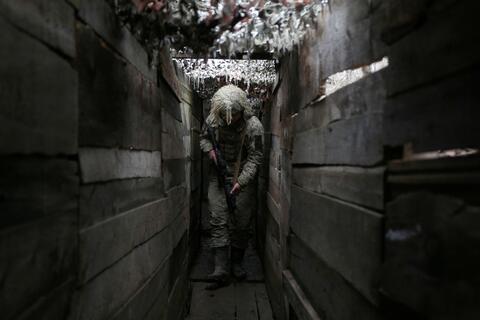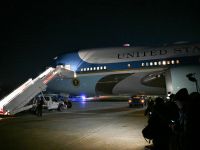The NATO chief said on Thursday that Russia’s “provocative” military buildup continued despite international pressure.
“We see no sign that this buildup is stopping or slowing down. On the contrary, it continues,” NATO Secretary-General Jens Stoltenberg told reporters following his meeting with Ukrainian President Volodymyr Zelensky.
More war news: The US is considering sending troops to Eastern Europe in case the situation over Ukraine escalates, the White House has said, warning that the American military could be mobilized.https://t.co/Xhl0KhDpII
— Bryan MacDonald (@27khv) December 14, 2021
During the meeting, Stoltenberg said, they discussed Russia’s military buildup in and around Ukraine that features “tens of thousands of combat-ready troops, tanks, artillery, armored units, drones, a lot of electronic warfare systems.”
He said the substantial mobilization “has no justification. It is provocative, it is destabilizing and it undermines security in Europe.”
Stoltenberg said that the alliance “will strive for a better relationship with Russia” and NATO remained open for dialogue with Moscow within the framework of NATO-Russia Council, a cooperation platform created in 2002.
He, however, reiterated his stance that Russia does not have any say on Ukraine’s NATO membership since the decision rests with Kyiv and the 30 NATO allies.
Talking about the NATO-Ukraine partnership, Stoltenberg explained that NATO supported the country with command and control of cyber defenses, and allies provided equipment to strengthen the capabilities of the Ukrainian army through the NATO Agency or bilaterally.
He also noted that NATO’s cooperation with Ukraine was defensive and it did not threaten Russia in any way.
“The aggressor here is Russia that has used military force against Ukraine, illegally annexing a part of Ukraine, Crimea back in 2014, and continues to stabilize eastern Ukraine,” Stoltenberg added.
Today, I spoke with German Chancellor Olaf Scholz to congratulate him on his appointment. I look forward to working closely together on the full range of global challenges, including transatlantic efforts to address Russia’s destabilizing military buildup along Ukraine’s border. pic.twitter.com/Uyc5mTyqR7
— President Biden (@POTUS) December 10, 2021
In 2014, Russia began to support separatist forces in eastern Ukraine against the central government, a policy that it has maintained for the past seven years.
For the second time this year, Moscow reportedly concentrated significant military troops in and around Ukraine last month.
This article has been adapted from its original source.










